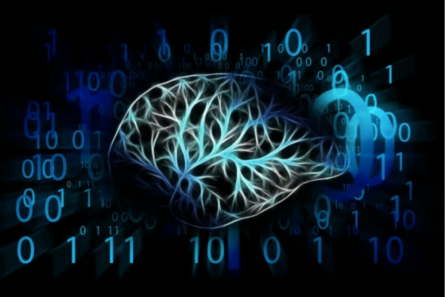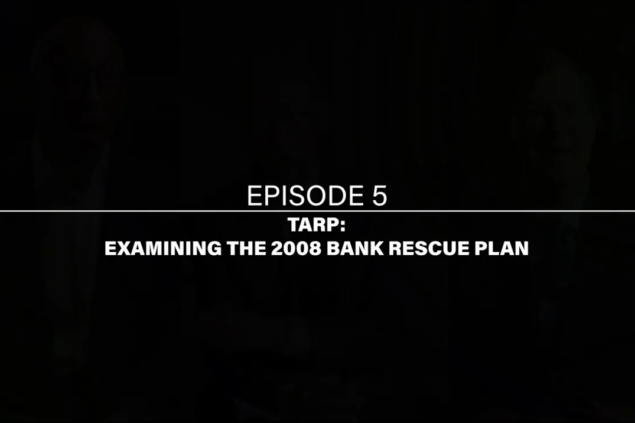AI Poses a Serious Threat to the Legal Profession. It Also Presents an Extraordinary Opportunity.

The rapid emergence of high-profile applications for Artificial Intelligence—including advanced search engines, recommendation systems, and generative tools—has given rise to a wide-ranging discussion and often spirited debate about what might result from the accelerating deployment of this revolutionary technology.
Optimists foresee a future of empowering automation and data-driven decision making that leads to an explosive growth in productivity, scientific advancement, wealth, and leisure. Apprehensive pessimists warn of economic dislocation, the degraded agency of a technology-dependent society, and, worst of all, the existential threat posed by the deployment of lethal autonomous weapon systems.
In an effort to maximize the benefits and minimize the risks associated with AI development, policy makers have begun to grapple with a host of serious issues such as algorithmic biases, threats to personal privacy, and the unaccountability of automated decision-making systems. The legal profession will certainly play a key role in helping the rest of society fashion rules and regulations designed to address and resolve such issues.
The legal profession also has serious AI issues of its own to address and resolve. Generative AI tools can rapidly scan and summarize vast amounts of data, recognize patterns, make predictions, answer questions, offer recommendations, and create content. These capabilities, which are rapidly evolving, have the potential to radically reshape the practice of law and the legal profession.
Law firms are already experimenting with generative AI tools designed to handle the kind of tasks that traditionally have been assigned to younger associates: basic research, initial drafting, document review, contract analysis, and redlining. Some applications can review and summarize thousands of pages of material in just minutes.
Forrester, a market research group, has predicted that almost 80 percent of jobs in the legal sector will be significantly reshaped by AI technology. Goldman Sachs has predicted that 44 percent of legal tasks could be automated using AI tools. In his 2023 Year-End Report on the Federal Judiciary, Chief Justice Roberts discussed the rapid emergence of AI as a dramatic example of the continuing impact of ever-evolving technology on the judiciary and the legal profession.
Automation will dramatically increase the productivity of senior attorneys, law clerks, and judges using AI tools. But what of the younger attorneys displaced by automation or never hired due to automation? How is the next generation of senior attorneys, law clerks, and judges to be trained if the work that has traditionally been used to train them is now performed by a machine?
And how can law school students, and prospective law school students hope to pursue their chosen career now that ChatGPT has passed the Uniform Bar Examination with flying colors, and has earned passing marks on four different law school exams? Indeed, how can any member of the legal profession hope to survive, much less thrive as a professional, in the face of the onrushing AI tsunami?
To secure our future we must look to our past. There lies an anchoring animating understanding of our profession that can save us from the machines that would replace us.
The primary value of our profession to society does not arise from our ability to scan efficiently and summarize accurately large amounts of data. Fundamentally, our value to society comes from the work we do to preserve, protect, and defend the principles of our nation’s Founding that define the ultimate purpose of our government and the constitutional institutions that were established as a means for us to fulfill that purpose.
In 1776, attorneys pledged their lives and fortunes and sacred honor to found the first nation in the history of the world dedicated to the proposition that all persons are created equal in the only ways that matter, sharing a common sacred humanity and endowed by the hand of God with certain unalienable rights that government is established to respect and protect. In 1787, attorneys worked to form a more perfect union by signing a constitution that established the rule of law in America and, as Lincoln put it, placed a frame of silver around the gold of the Declaration.
When we come to the bar, we each take a solemn oath to support our constitutional system of government faithfully and to the best of our respective abilities. This is the high calling that defines the essence of our legal profession.
Today, our constitutional system of government and the ordered liberty it protects face many threats: the ever-expanding unaccountable power of the administrative state, the politicization of the criminal justice system, the suppression of free speech, the irresponsible opportunistic overreach of poll-driven politicians, and the civic indifference of an ahistorical populace that allows such threats to go unanswered.
But if the threats are many, so are the opportunities many for citizen attorneys to fashion solutions that address these threats and revitalize the principles of our Founding and the institutions of our constitutional system. To fashion effective solutions will require vision, commitment, and every measure of creativity, intuitive insight, ingenuity, and grounded moral sense that we can bring to bear. No machine can do this for us. Only we can do it, working together, drawing upon the best characteristics of the shared sacred humanity that sets us so clearly apart from machines.
The best opportunities, the endless extraordinary opportunities, for our legal profession have always been found in the noble work of self-government. A profession steadfastly rededicated to this honorable labor can with confidence secure its future against the threat of disruptive technology, and any other challenge that may arise.

Topic
Sponsor
Federalist Society’s Administrative Law & Regulation Practice Group
The Federalist Society and Regulatory Transparency Project take no position on particular legal or public policy matters. All expressions of opinion are those of the author(s). To join the debate, please email us at [email protected].



